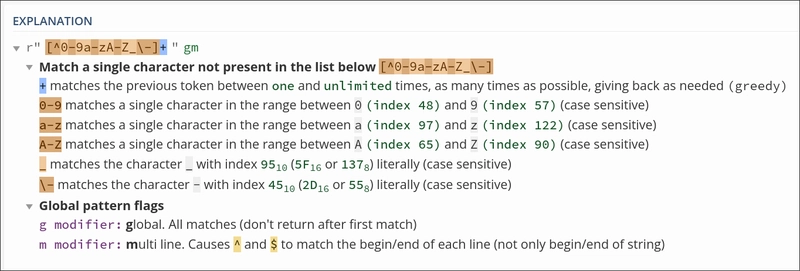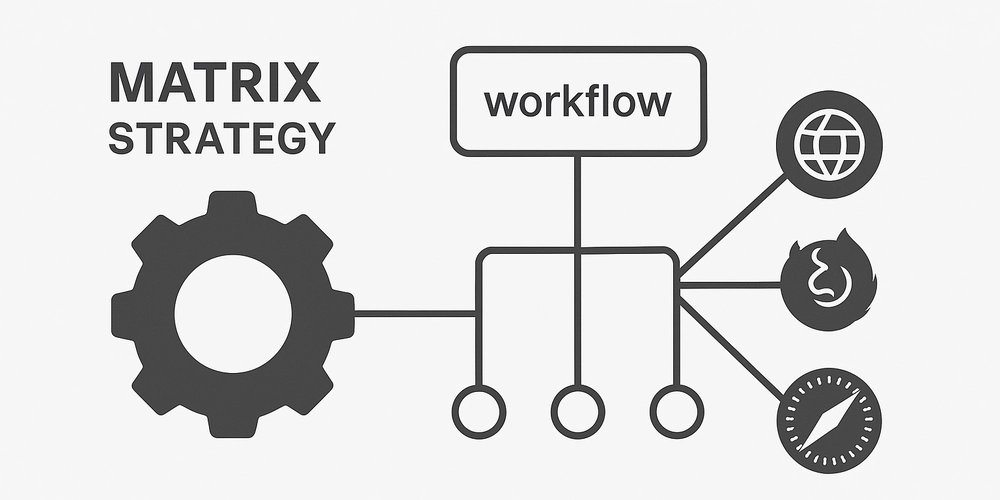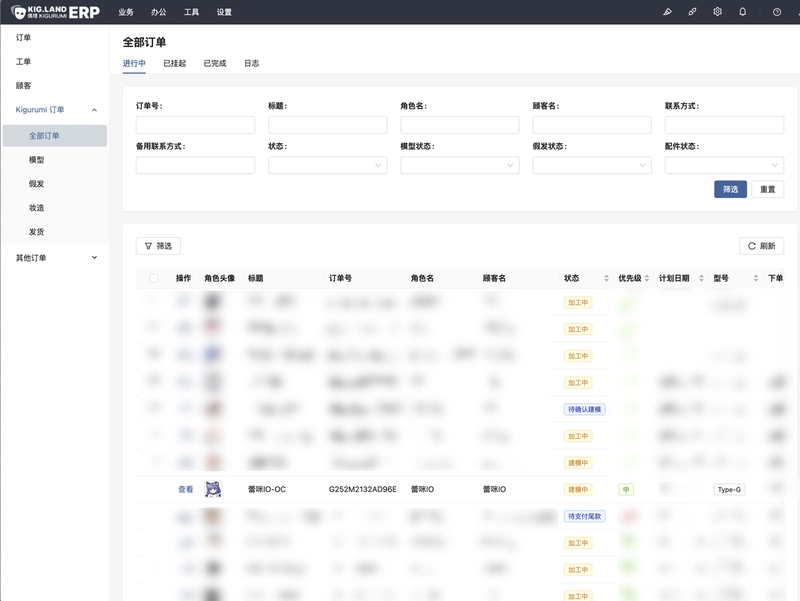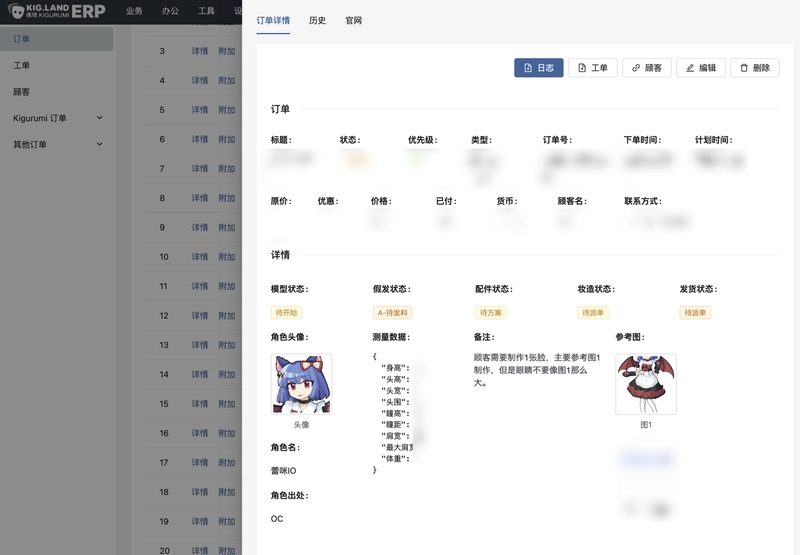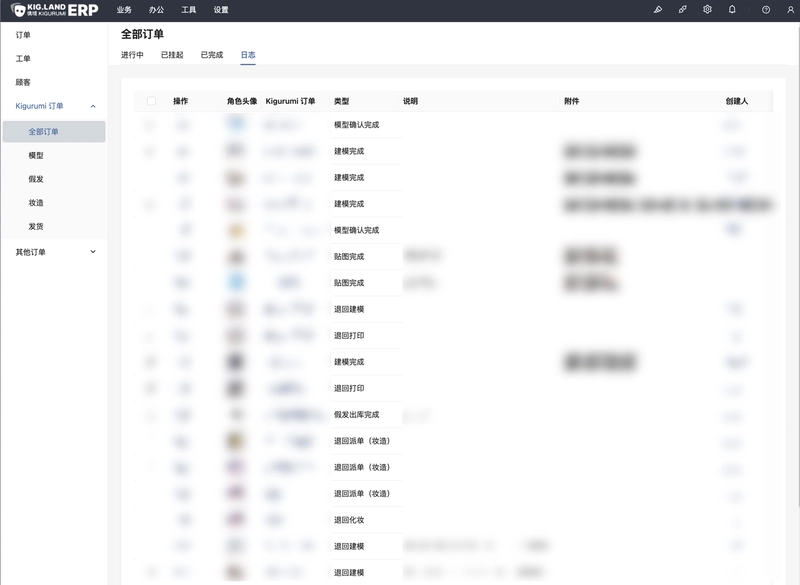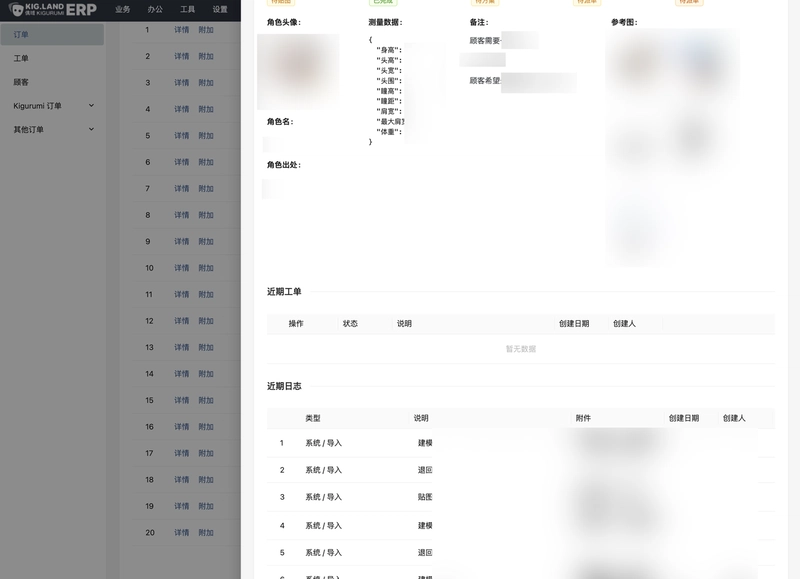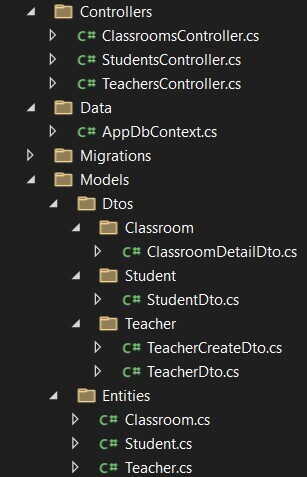How KIGLAND Scaled Custom Anime Mask Production with Open-Source Tools
Originally published at https://www.nocobase.com/en/blog/kigland. Introduction In Suzhou China, a team is quietly reinventing the world of personalized production. They don’t make fast-fashion goods or chase mass production, but they've built a loyal global following among cosplay fans. Meet KIGLAND — a studio that crafts 2D-style character head masks, known as KIGURUMI. These masks are highly personalized, tricky to customize, and require precise handiwork — the perfect example of low-volume, high-variety manufacturing. At first glance, they might seem like a niche artisan team. But in reality, they’re more like a flexible manufacturing lab for entertainment products. By combining digital production, standardized workflows, and AI-driven supply chain innovation, they’re transforming handcrafted creations into near-industrial products. From GitHub Issues to Lark's Base In its early days, KIGLAND ran things like a true hacker-style startup: Customer orders were tracked in GitHub Issues Production progress was updated in Lark's Base Feedback and communication were scattered across comments, screenshots, and chat threads Early use of GitHub Issues to manage orders: Manage orders through Lark's Base: “It was manageable when we were small—but as soon as the volume picked up, the whole system started to break down.” The problems will sound familiar to anyone who’s scaled from side project to real operation: Limited structure – Traditional Issue lists couldn’t handle the growing number of custom fields or stage-specific data needs across departments. Workflow blind spots – Comments and discussions weren’t easily searchable or structured, making it hard to track progress. Collaboration breakdown – Non-technical team members struggled with GitHub’s developer-oriented tools, and the spreadsheet setup required increasingly complex permission management. As the communication overhead grew exponentially, KIGLAND knew it was time to stop patching things together—and start looking for a real system built for their unique needs. Looking for a System They Could Truly Own As open-source veterans with strong technical backgrounds, KIGLAND’s founding team wasn’t looking for yet another bloated SaaS platform. They needed something different—something they could shape around their business, not the other way around. “We wanted a tool that could grow with us—not a rigid platform we had to constantly work around.” So they started exploring alternatives to traditional tools like Airtable. After testing several options, they landed on NocoBase. The reasons were clear: Flexible data modeling to handle the complexity of custom orders Plugin-based architecture with open APIs, giving their team the freedom to extend functionality User-friendly interface with a shallow learning curve, even for non-developers A fast-moving, active open-source community And above all: self-hostable and fully open, giving them complete control over their system A Custom Management System—Built in Just Three Weeks In less than three weeks, KIGLAND had a fully functional internal management system built entirely on NocoBase. It was designed to match their workflows exactly, without compromise. Their setup included: End-to-end order lifecycle management – covering every step from order intake, design, and production, to quality control and shipping Multi-role collaboration – with clearly defined permissions for sales, design, and production teams, ensuring smooth handoffs and accountability Log-driven responsibility tracking – enabling full traceability and faster issue resolution Flexible materials and inventory tracking – with custom categories, linked records, and real-time visibility Order list managed in NocoBase: Order details and production steps: Activity logs and traceability: Linking logs to specific orders: Once the core system was up and running, the team continued to evolve it alongside NocoBase’s regular updates—adapting new features as they came and contributing feedback to the community. Three Quarters In, the Results Spoke for Themselves “After adopting NocoBase, we went from a scrambling small studio to one of the top teams in our niche.” And the numbers back it up:

Originally published at https://www.nocobase.com/en/blog/kigland.
Introduction
In Suzhou China, a team is quietly reinventing the world of personalized production. They don’t make fast-fashion goods or chase mass production, but they've built a loyal global following among cosplay fans.
Meet KIGLAND — a studio that crafts 2D-style character head masks, known as KIGURUMI. These masks are highly personalized, tricky to customize, and require precise handiwork — the perfect example of low-volume, high-variety manufacturing.
At first glance, they might seem like a niche artisan team.
But in reality, they’re more like a flexible manufacturing lab for entertainment products. By combining digital production, standardized workflows, and AI-driven supply chain innovation, they’re transforming handcrafted creations into near-industrial products.
From GitHub Issues to Lark's Base
In its early days, KIGLAND ran things like a true hacker-style startup:
- Customer orders were tracked in GitHub Issues
- Production progress was updated in Lark's Base
- Feedback and communication were scattered across comments, screenshots, and chat threads
Early use of GitHub Issues to manage orders:
Manage orders through Lark's Base:
“It was manageable when we were small—but as soon as the volume picked up, the whole system started to break down.”
The problems will sound familiar to anyone who’s scaled from side project to real operation:
- Limited structure – Traditional Issue lists couldn’t handle the growing number of custom fields or stage-specific data needs across departments.
- Workflow blind spots – Comments and discussions weren’t easily searchable or structured, making it hard to track progress.
- Collaboration breakdown – Non-technical team members struggled with GitHub’s developer-oriented tools, and the spreadsheet setup required increasingly complex permission management.
As the communication overhead grew exponentially, KIGLAND knew it was time to stop patching things together—and start looking for a real system built for their unique needs.
Looking for a System They Could Truly Own
As open-source veterans with strong technical backgrounds, KIGLAND’s founding team wasn’t looking for yet another bloated SaaS platform. They needed something different—something they could shape around their business, not the other way around.
“We wanted a tool that could grow with us—not a rigid platform we had to constantly work around.”
So they started exploring alternatives to traditional tools like Airtable. After testing several options, they landed on NocoBase.
The reasons were clear:
- Flexible data modeling to handle the complexity of custom orders
- Plugin-based architecture with open APIs, giving their team the freedom to extend functionality
- User-friendly interface with a shallow learning curve, even for non-developers
- A fast-moving, active open-source community
- And above all: self-hostable and fully open, giving them complete control over their system
A Custom Management System—Built in Just Three Weeks
In less than three weeks, KIGLAND had a fully functional internal management system built entirely on NocoBase. It was designed to match their workflows exactly, without compromise.
Their setup included:
- End-to-end order lifecycle management – covering every step from order intake, design, and production, to quality control and shipping
- Multi-role collaboration – with clearly defined permissions for sales, design, and production teams, ensuring smooth handoffs and accountability
- Log-driven responsibility tracking – enabling full traceability and faster issue resolution
- Flexible materials and inventory tracking – with custom categories, linked records, and real-time visibility
Order list managed in NocoBase:
Order details and production steps:
Activity logs and traceability:
Linking logs to specific orders:
Once the core system was up and running, the team continued to evolve it alongside NocoBase’s regular updates—adapting new features as they came and contributing feedback to the community.
Three Quarters In, the Results Spoke for Themselves
“After adopting NocoBase, we went from a scrambling small studio to one of the top teams in our niche.”
And the numbers back it up:












